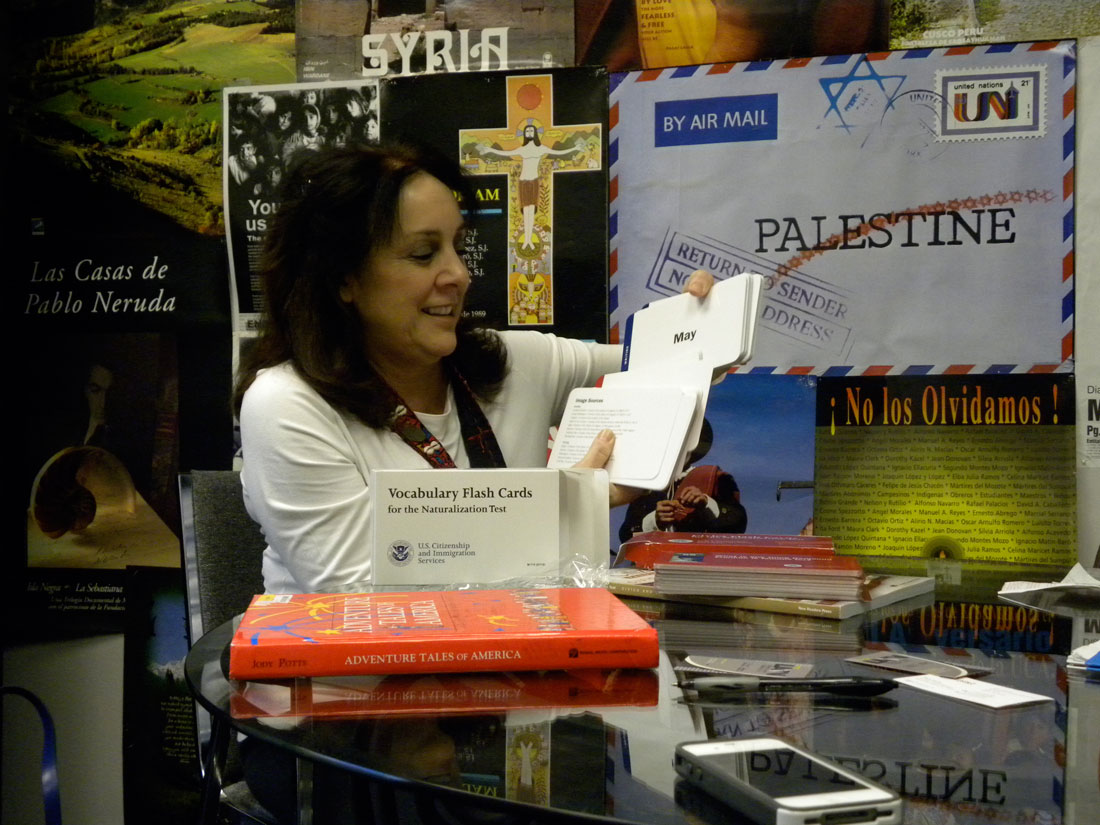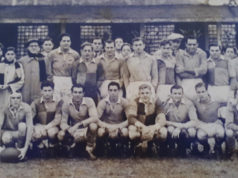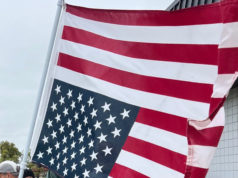Lots of folks in North Texas want to become U.S. citizens these days: Federal agency records show that the rate of applications for naturalization has risen by more than 20 percent in the last year.
But there’s a big problem in this area for would-be citizens: Most eligible residents speak little or no English, according to one group that deals with immigrants. The required interview and test for citizenship are conducted in English only. And while there are plenty of citizenship classes being offered in the Metroplex, few are taught by bilingual instructors.
“It is very sad that many classes only accept students who know English, leaving perhaps 75 percent of eligible green-card holders who have little or no proficiency [in English] in desperate need of help,” said Anne Marie Weiss-Armush, president of the nonprofit DFW International Community Alliance.
The alliance — and the Fort Worth school district — are trying to bridge that gap. Weiss-Armush’s group recently received a donation from KXTX-TV/Channel 39, the Telemundo Spanish-language station, to partially underwrite free citizenship classes that the alliance is offering in partnership with many North Texas libraries.
Not Fort Worth libraries, though. Weiss-Armush said Cowtown’s library system has turned down her requests for partnerships to offer the classes here. No spokesperson for the Fort Worth libraries was available to comment for this story.
However, the school district has stepped up. The district is offering free classes this fall that combine lessons in citizenship and English. On-site registration for the courses, to be taught at 24 locations across Tarrant County, begins Sept. 10.
Program coordinator Aida Martinez said there has been an increase in enrollment for the district’s ESL classes this year but a slight decrease in interest in the citizenship portion, which she attributed to the high cost of filing the application. The processing fee jumped from $330 to $680 five years ago.
In Dallas County, more than 480 people have signed up for the DFW alliance’s classes since they were first offered in June. The latest course began Aug. 2 in Irving and will continue every Thursday evening for 10 weeks.
Weiss-Armush estimated that 20 percent of students in those courses are from Tarrant County. “These students are so motivated that some of them work 12-hour days, then drive over an hour to attend every single class,” she said.
One man explained to Weiss-Armush why he was so grateful for the program: He had been dreaming of becoming an American for 15 years, he said, but no citizenship class would accept him because he didn’t speak a word of English.
Citizenship classes offered in Fort Worth through church groups and charities require extensive paperwork and an intermediate proficiency level of English as conditions of registration.
Miriam Smith, 48, says she has two hearts — one for her native Brazil and the other for the United States, the country to which she officially pledged her allegiance three weeks ago. She was a nurse in Brazil until she moved to Dallas in 2004 and immediately obtained a permanent resident card.
“I have lived here for seven years, not changing my phone number or address, doing everything I was told, to become [an] American citizen,” Smith said.
It took her the entire seven years to save enough money to pay for the naturalization application. Her job as a private nurse to an elderly couple from Pakistan doesn’t pay a lot, so her daughter and extended family in Brazil sent what little money they could spare. Smith said her friends in Dallas also pitched in.
As the number of naturalized citizens continues to increase, so does the number of registered voters for the November election. There is always a higher level of citizenship applications during an election year, said Maria Elena Garcia Upson, spokeswoman for the U.S. Citizenship and Immigration Services office in Dallas.
“Residents want their voices to be heard, and the only way to do that is to become an American,” she said. For the first two months of 2012, citizenship applications were up 21 percent over the same time last year.
In Texas, almost 900,000 immigrants are eligible for citizenship, according to federal immigration data. Garcia Upson said the average national time to complete the citizenship process is four months. Nationally, she said, processing times have been reduced considerably because all backlogged applications have been processed.
“People aren’t waiting in lines wrapped around the building, outside in inclement weather,” she said. “Those days are gone.”
New Americans are eligible to vote if they register by Oct. 6. Smith said she is already a registered voter and is excited at the idea of casting a ballot in November for “mi presidente.”












